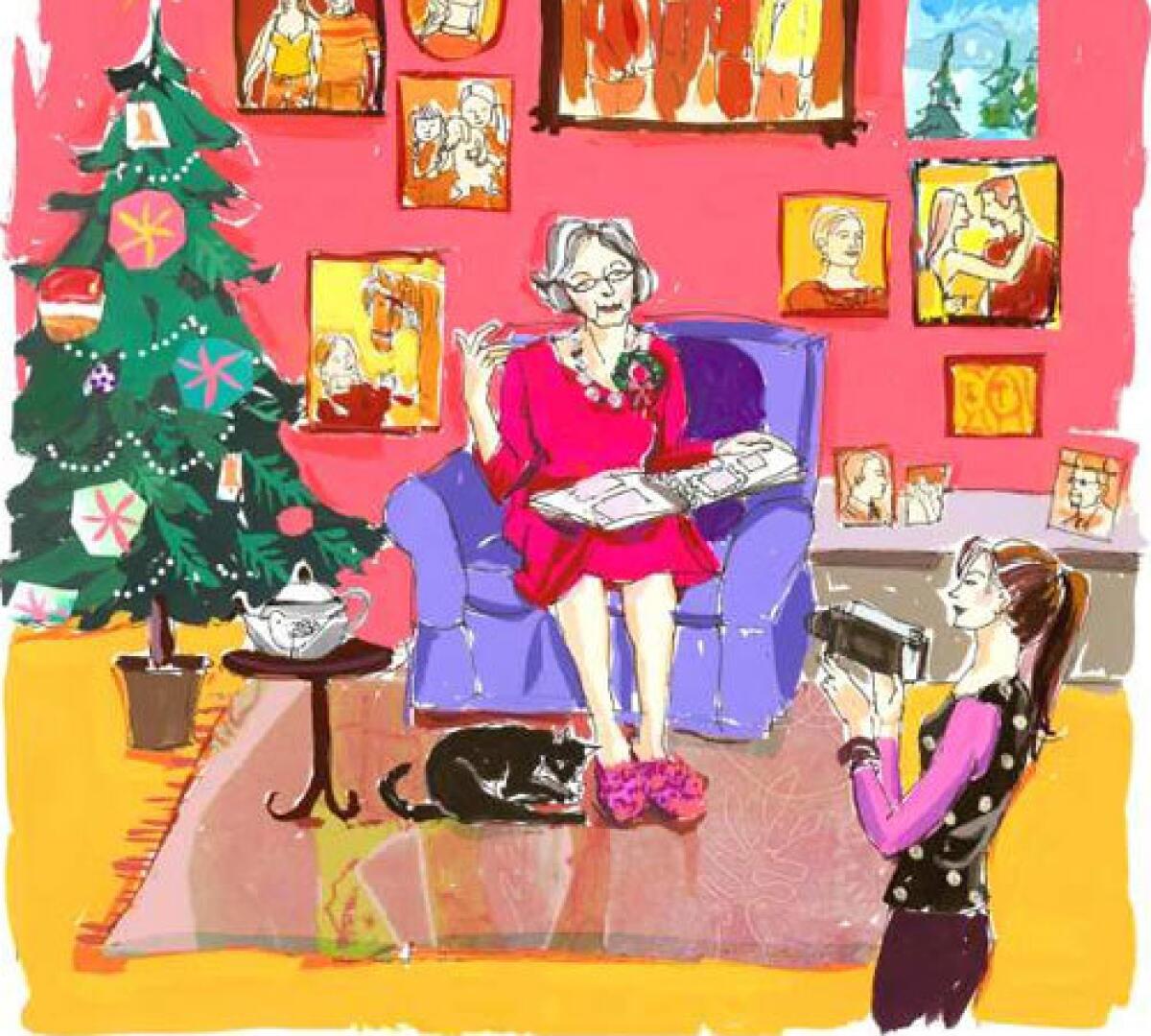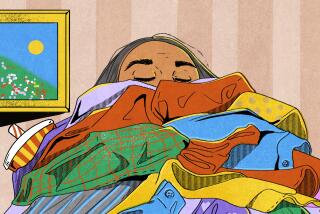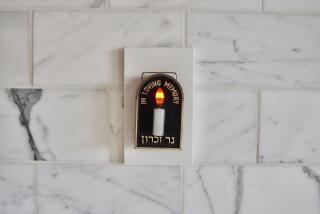Recording family histories before it’s too late

A friend of mine lost his job last year and hasn’t found another. But he recently splurged, spending hundreds of dollars on a video camera.
Why? His mom celebrated her 88th birthday, and although she’s healthy, he worries about how long that will last. He wants to create a video history of his mother’s life and times while they can both enjoy the experience.
Another friend of mine wasn’t so farsighted. He waited until his mother was admitted to the hospital suffering from heart failure to quiz her about the past. She hated it and accused him of “trying to kill me with these questions.” She took the family’s history with her to the grave.
Everyone has a story to tell. If we don’t collect and preserve our family’s stories, one day they disappear forever.
But, experts say, the good news is that the holiday season provides an ideal opportunity to dive into family history. The intimate round-the-dinner-table gatherings of Christmas and Hanukkah spur storytelling. And storytelling conveys exactly what we want: a firsthand recounting of names, experiences and places. We hear our family’s history from the people who lived it.
Chronicling these stories can be an amazing adventure, oral historians say.
“I got a better sense of who I was when I interviewed my mother,” says Alva Moore Stevenson, who discovered intriguing details about her mom’s World War II service in the Women’s Air Corps. Her mother belonged to one of the few all-black female regiments in the war.
Stevenson is a pro when it comes to conducting these interviews; she’s the program representative for the UCLA Center for Oral History Research. But her academic findings didn’t lessen the personal value of the interview with her mom: “I found out a lot of things that fleshed out the family history. And my mother enjoyed the process too.”
Most people enjoy telling their story, says Barbara Tabach, who specializes in what she calls “LifeCatching” ( www.lifecatching.com), preserving histories of clients. “I’ll walk into an interview with an elderly person and hear them complain about being achy, lonely or sad. But I set up a mike, and a whole new person emerges. You can actually see a physical change when they get a chance to talk.”
Most of the people involved in oral history research have stories of their own to tell -- of deeds of heroism, loves lost and found, fortunes earned and spent. Much of the time, they say, sons, daughters, grandchildren or great-grandchildren have little knowledge of these family dramas.
“After they’re gone, you always realize there’s so much you don’t know. And at that point, there’s nowhere to go to find out,” says oral historian Karen Harper of Long Beach.
Getting started can be as simple as taking notes with pen and paper or as elaborate as double-teaming a video session, with someone operating the camera while someone else asks the questions.
Regardless of format, just do it, says Harper, who founded Tell Me Your Story, an oral history project sponsored by the Historical Society of Long Beach that trains students to interview seniors.
“The rule of thumb is to use the best equipment you can afford,” Harper says. “A video camera offers a much richer end product, but if you can only afford to use a tape recorder or to take notes, then do that.” Or, she adds, try an inexpensive video recorder such as the Flip.
Other tips:
-- Prior to the taping day, do an informal dry run to get an idea of what your subject wants to talk about and where the conversation might take you.
-- Set aside one to two hours for the real interview. If the session is too short, you won’t have time to develop stories; if the session is too long, everyone will be exhausted.
-- Make sure the storyteller knows that no one will answer the phone, turn on the TV or allow other disruptions.
-- Work from an outline, with prepared questions, but listen intently and be flexible enough to ask follow-up questions.
-- Decide how to handle the results. Students often write essays about the most important things they learned. Other options: Transcribe the audio word for word or put the interview onto a CD, and use that as your document. Some people create heritage scrapbooks using the transcript and family photos. However you preserve the information, store it carefully, as you would any other valuable archive.
Some universities, such as UCLA, have oral history centers and offer interview training or free workshops. Cal State Fullerton plans a free workshop Feb. 20; for reservations, call (657) 278-3580. Baylor University offers an oral history workshop at www.baylor.edu/oral_history/ bnindex .php?id=23560.
My unemployed friend hasn’t interviewed his mother yet, but he’s planning it carefully. One more task he’s given himself: making sure she dresses up for the occasion. He knows his mom would hate the idea of people watching the interview 25 years from now and seeing her in old clothes.
McClure’s articles on caring for and staying connected with aging parents will appear monthly. Please send comments and story ideas to [email protected].


